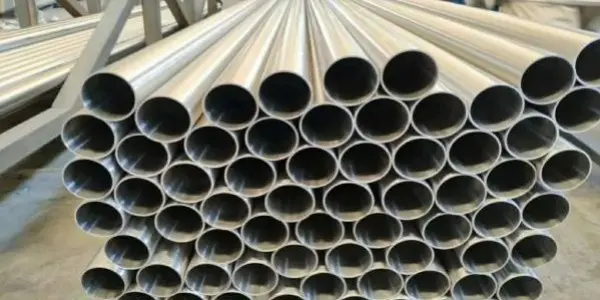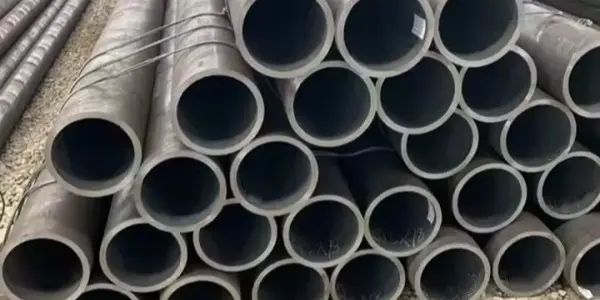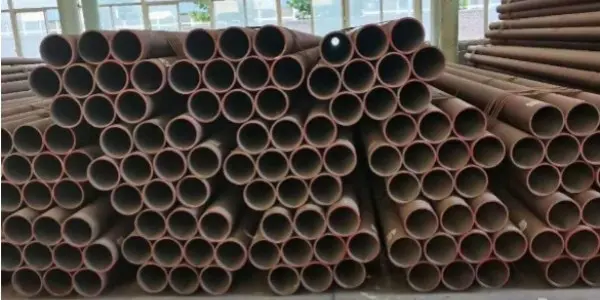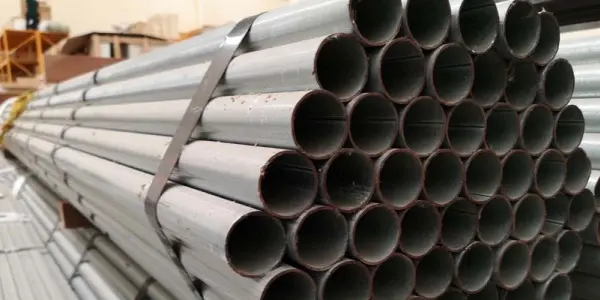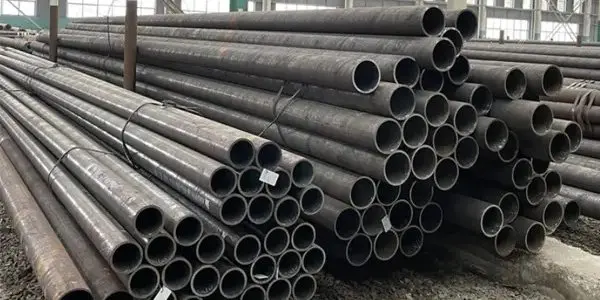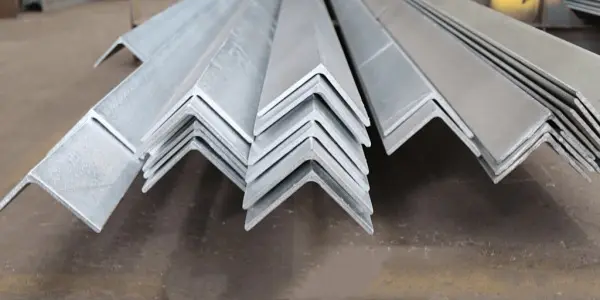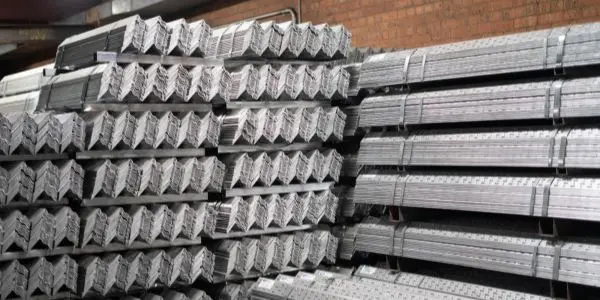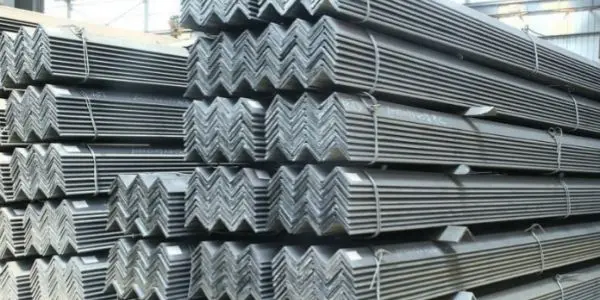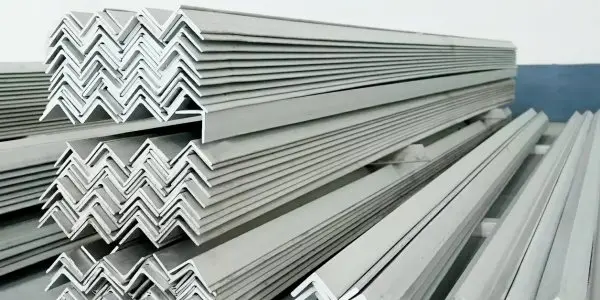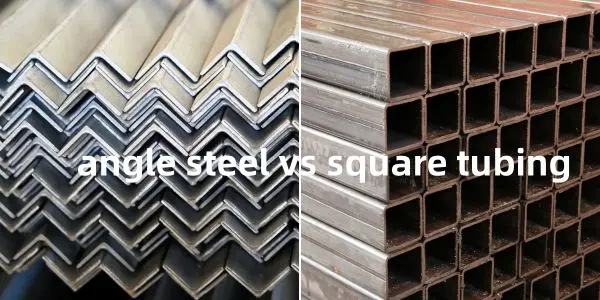-
TP304L stainless steel seamless pipe comprehensive analysis
TP304L is an ultra-low carbon austenitic stainless steel seamless pipe, well-regarded for its outstanding corrosion resistance, excellent weldability, and reliable low-temperature toughness. Its defining characteristic is a carbon content of ≤0.03%, which significantly reduces the risk of intergranular corrosion, particularly after welding or heat treatment. Here's an overview of TP304L stainless steel seamless pipe.
Read More
-
T91 high-pressure boiler tube usage guide
As a critical component in modern industrial systems, T91 high-pressure boiler tubes are widely applied in high-temperature and high-pressure environments due to their exceptional strength, heat resistance, and stability. To ensure safe and efficient operation, this guide outlines key considerations for the selection, installation, usage, and maintenance of T91 tubes.
Read More
-
Carbon steel seamless pipe weight calculate
Carbon steel seamless pipes are extensively utilized across various industries—including boilers, petrochemicals, hydraulic systems, and structural engineering—thanks to their outstanding mechanical strength and corrosion resistance. Accurate weight calculation is essential for engineering design, material procurement, and cost estimation.
Read More
-
What is non-standard seamless steel pipe?
"Non-standard" seamless steel pipes refer to products that deviate from established national (GB), industry, or international standards. This article provides a concise overview of their definition, characteristics, typical applications, and essential points to consider when ordering.
Read More
-
Details of high-pressure boiler seamless steel pipes
Seamless steel pipes are extensively used in industries such as petroleum, chemicals, power generation, and boilers due to their ability to withstand high pressure and their wide applicability. Among them, seamless steel pipes for high-pressure boilers are critical components that play a key role in ensuring boiler safety and enhancing energy efficiency.
Read More
-
Quality defects and solutions of angle steel
In the production and application of angle steel, quality issues directly impact product performance, safety, and service life. Therefore, identifying common defects and implementing effective countermeasures is essential to ensure reliable quality and meet engineering standards.
Read More
-
Manufacturing process and methods of angle steel
The production of angle steel involves a series of precise and controlled processes to ensure structural integrity, dimensional accuracy, and surface quality. The overall manufacturing process can be divided into the following key steps.
Read More
-
Introduction to EN 10056 angle steel
EN 10056-2:1993 Angle Steel is a standardized steel product conforming to European technical requirements for hot-rolled equal and unequal leg angles. It is widely used in steel structure projects due to its precision, strength, and compatibility with a variety of applications. As a representative of Union Steel Steel Structure, we proudly introduce this high-performance product, highlighting its specifications, advantages, and engineering applications.
Read More
-
Common angle iron sizes
Angle iron is a hot-rolled mild steel product with an L-shaped cross-section and smooth inside radius corners. It is widely used in structural frameworks, general fabrication, and repair projects due to its strength and ease of use. Common applications include industrial maintenance, agricultural machinery, and transportation equipment.
Read More
-
Angle steel vs square tubing
When selecting steel materials for construction or fabrication, angle steel and square tubing are two common choices. Each has its own advantages in terms of cost, strength, and application. Here's a comparison to help determine which one may be better suited for your needs.
Read More

 English
English Español
Español




 Tel : +86-18565811709
Tel : +86-18565811709 Email :
Email : 
